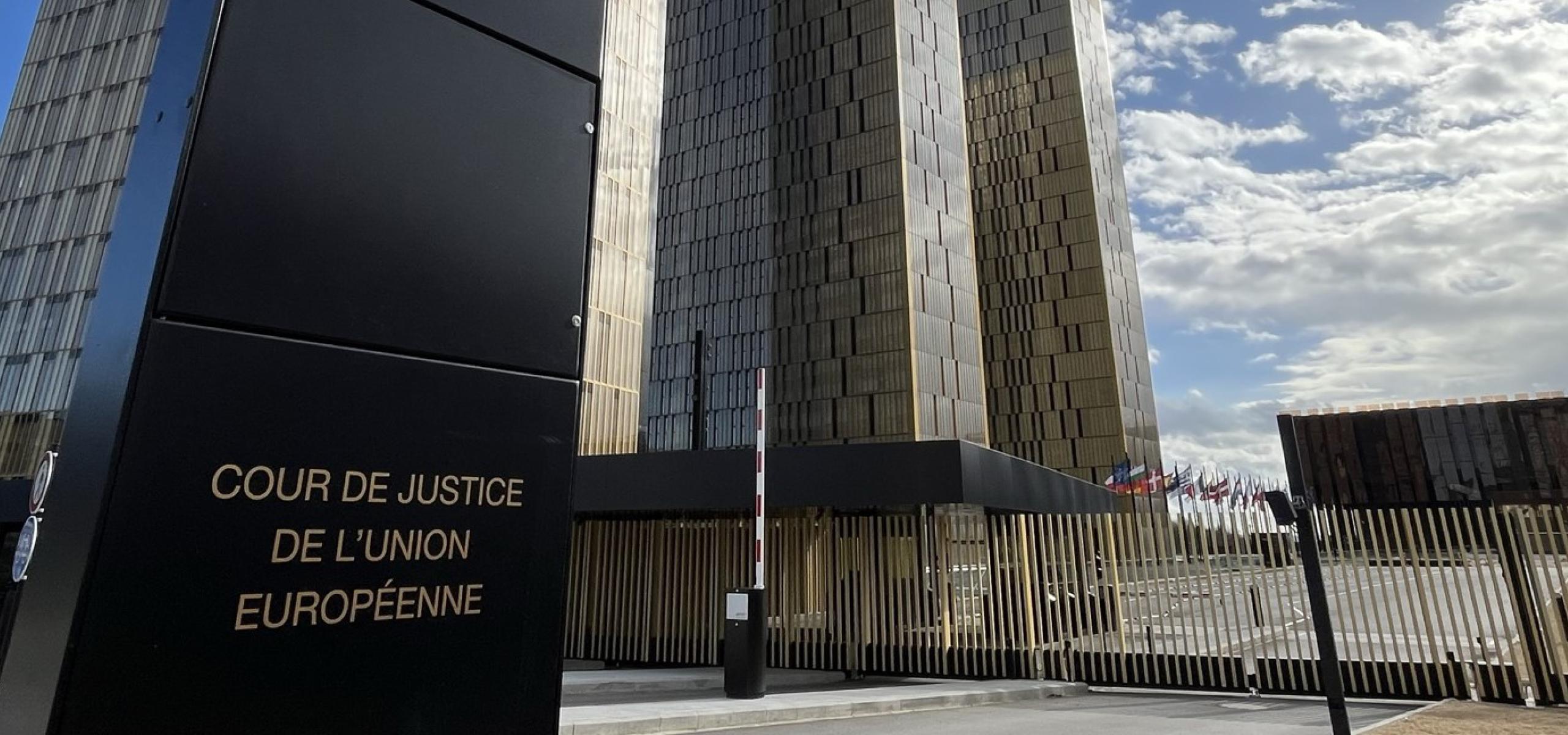
Image: Palais de la Cour de Justice, 2024, https://en.wikipedia.org/wiki/European_Court_of_Justice#
Dr Anton Moiseienko’s 2023 article, The Sins of the Fathers: Targeted Sanctions against Family Members of Primary Targets, has been published in the Modern Law Review, widely recognised as a leading law journal globally.
In his article, Dr Moiseienko considers the lawfulness of sanctions against people who are themselves accused of no wrongdoing at all, but are merely related to someone else who is. Such sanctions commonly include the freezing of the targeted person’s assets and a ban on travelling to the state imposing the sanctions.
Known as “targeted sanctions”, these measures can have devastating impact on the individuals concerned but are imposed by governments without any involvement of the courts. The due process challenges inherent in this practice have long been a subject of debate, but no study to date had systematically addressed the lawfulness of family-member sanctions – despite their increasing prevalence.
“The issue first became prominent in the Syrian context, but then became especially high-profile in connection with Russia sanctions. Examples include sanctions against the daughter of the Russian foreign minister living in the UK and Putin’s children, against the mother of Wagner Group’s founder Valeriy Prigozhin and, most recently, against a Formula 1 driver who is the son of a wealthy Russian businessman,” says Dr Moiseienko.
“However, up until now, there had been no comprehensive study of how countries approach such sanctions, what objectives such sanctions pursue, and of their compliance with international human rights law.”
Dr Moiseienko’s article fills this gap to inform policymakers, practising lawyers and academics. The article builds on a comprehensive analysis of US, UK, EU and Australian practice to identify the objectives of such sanctions, explore their compliance with international human rights law, and put forward proposals for a better design of family-member sanctions.
“In essence, the article argues that such sanctions can be lawful under international human rights law, but there are some conditions. In particular, they are lawful so far as they are calibrated to remove the benefits of the wrongdoing. It is an ‘it depends’ kind of answer, but the article also provides further details as to what is or is not permissible – I would encourage everyone to read it!"
Read Dr Moiseienko’s article at https://onlinelibrary.wiley.com/doi/full/10.1111/1468-2230.12864.